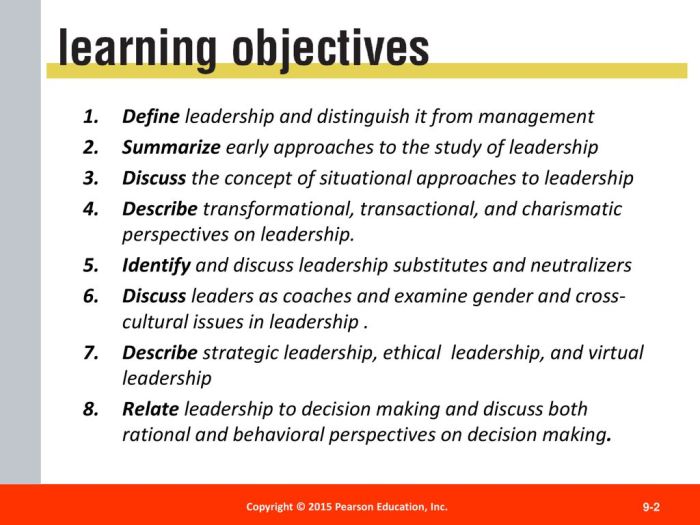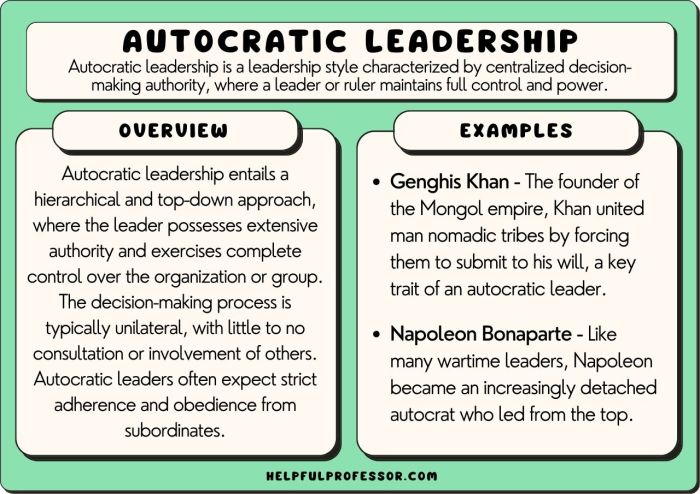Neutralizers of leadership are usually helpful to leaders. They can provide valuable insights and perspectives that can help leaders to grow and develop. In this article, we will explore the different types of leadership neutralizers, their causes and consequences, and strategies for managing and overcoming them.
Leadership neutralizers are individuals or groups who challenge the authority of a leader. They can be internal or external to the organization, and they can come from a variety of backgrounds and perspectives. Neutralizers can be a source of frustration for leaders, but they can also be a valuable source of feedback and support.
Definition and Overview of Leadership Neutralizers: Neutralizers Of Leadership Are Usually Helpful To Leaders

Leadership neutralizers are obstacles or hindrances that can impede the effectiveness of leaders. They are factors or behaviors that can counteract or diminish the impact of leadership initiatives and undermine the ability of leaders to inspire and motivate their followers.
Neutralizers can arise from various sources, including within the leader themselves, their team, the organizational culture, or external circumstances.
Common examples of leadership neutralizers include:
- Lack of self-awareness or emotional intelligence
- Poor communication and interpersonal skills
- Resistance to change or innovation
- Unclear or conflicting expectations
li>Organizational bureaucracy and red tape
Neutralizers can have a significant impact on leadership effectiveness. They can:
- Hinder the leader’s ability to connect with and inspire their followers
- Create barriers to effective decision-making and problem-solving
- Damage the leader’s credibility and reputation
- Lead to low morale and decreased productivity among team members
Q&A
What are the different types of leadership neutralizers?
There are many different types of leadership neutralizers, but some of the most common include: – Subordinates who challenge the leader’s authority – Peers who compete with the leader for power and influence – Superiors who micromanage the leader – External stakeholders who criticize the leader’s decisions
What are the causes of leadership neutralizers?
There are many different causes of leadership neutralizers, but some of the most common include: – A lack of trust between the leader and the neutralizer – A difference in values or goals between the leader and the neutralizer – A perceived threat to the neutralizer’s power or influence
What are the consequences of leadership neutralizers?
Leadership neutralizers can have a number of negative consequences for leaders, including: – Reduced effectiveness – Increased stress – Damage to the leader’s reputation – Loss of support from followers


